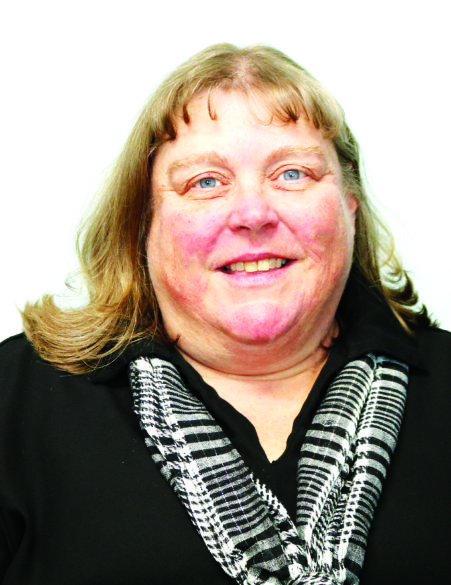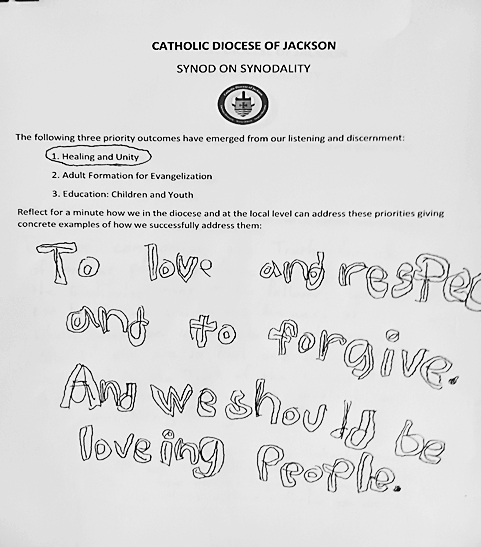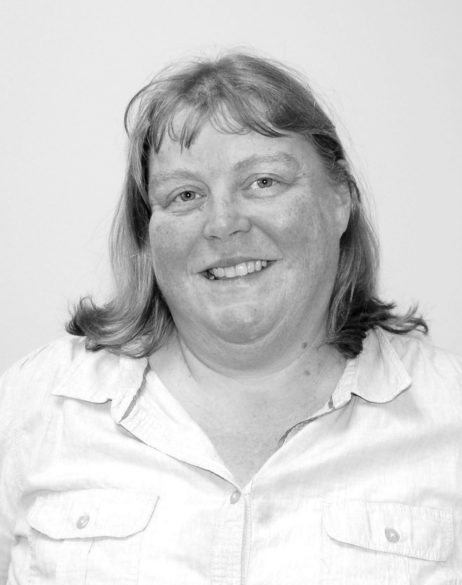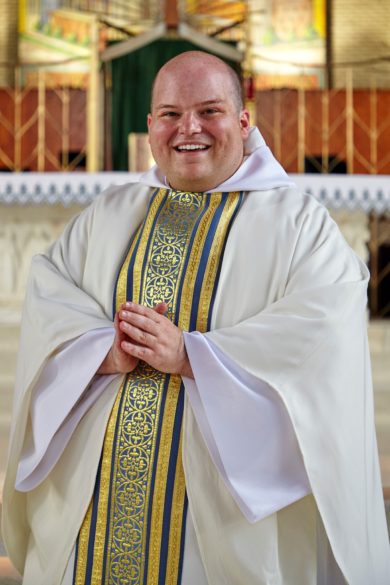Kneading Faith
By Fran Lavelle
My first parish after graduating from college was Holy Spirit Catholic Church in Columbus, Ohio. Holy Spirit also had an elementary school and was truly a neighborhood parish. The parish was mostly made up of families with young children and older married couples who raised their children in the parish and school.
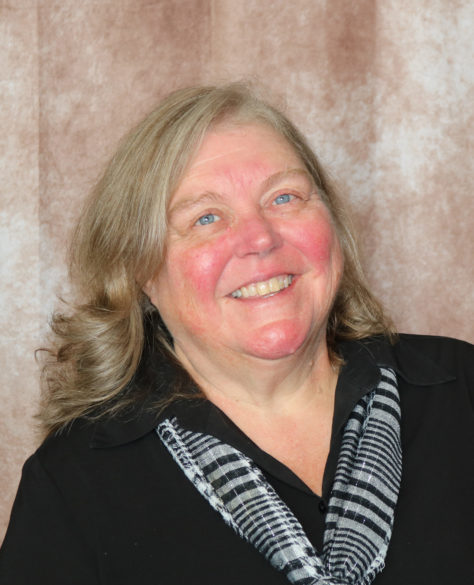
That first year at Holy Spirit was the first time I was really aware of World Marriage Day. It may have been that during my high school and college years I had not paid attention, or it might be that our university parish did not celebrate World Marriage Day in a significant way. In any event, I recall the priest at Holy Spirit inviting all of the married couples to stand and re-new their wedding vows. As the married couples stood, I remember looking around and seeing a sea of children still seated along with myself. It was and still remains a powerful image in my mind. I remember witnessing those couples, young and old, recommitting their lives to one another. The vow to love one another in good times and in bad is much more profound knowing that a couple have had their share of both in the years they have been husband and wife.
I have a friend who has been married for over 50 years. In reflecting on her marriage, she speaks to how organically their marriage has evolved over the years. She told me once that she and her husband have had four “mini-marriages” within their one marriage. It is natural that as we age, we grow and mature.
In their marriage they were able to meet the challenges of their changing relationship as they moved through the various stages of life. Now retired, they have had the opportunity to look back and see that the work they put into remaining together built a bond that they could not have imagined on their wedding day. She tells me often that it is all a gift. The good and the not so good helped them grow in their love and strengthened their commitment to one another. If you are a couple or know a couple who have been married for a number of years you know exactly what I am talking about.
The church in her wisdom rightly celebrates the gift of marriage as both vocation and sacrament. It is important for single people, young couples, and newlyweds to see what enduring love and sacrifice look like.
Each February the diocese celebrates the gift and witness of marriage. Under the leadership and planning of the Office of Family Ministry all couples celebrating their 25th, 50th and 60th wedding anniversaries are invited to the Diocesan World Marriage Day celebration. It will be held Sunday, Feb. 12, 2023, at 3 p.m. at the Cathedral of St. Peter in Jackson, Mississippi. There will be a Mass followed by a reception. To register contact your parish office or go to www.jacksondiocese.org/family-ministry to register yourself. For additional information or questions, please contact Debbie Tubertini at the Office of Family Ministry at (601) 960-8487 or email debbie.tubertini@jacksondiocese.org.
May your commitment to your marriage be a great witness to the young people in your life just as those couples were for me all those years ago. This year I will be celebrating my first World Marriage Day as a newlywed. God willing, we will have many years to celebrate the gift of our late life vocation. Keep loving one another well. I know it is my long-term plan!
(Fran Lavelle is the Director of Faith Formation for the Diocese of Jackson.)

